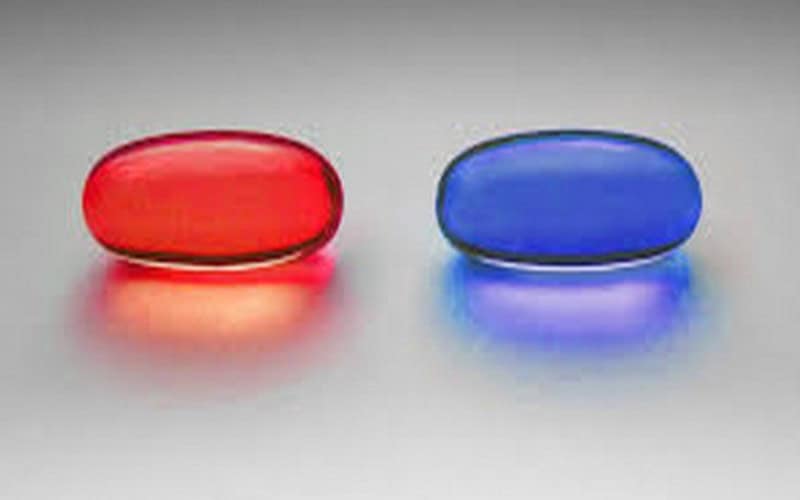Washington: Turns out, a single pill with two drugs has the ability to change the treatment of a patient with fluctuating blood pressure.
A recent study by European Society of Cardiology has confirmed it.
The research has confirmed that a major reason for poor rates of blood pressure control is that patients do not take their pills. Non-adherence increases with the number of pills, so administering two drugs (or three if needed) in a single tablet could transform blood pressure control rates.
Previously, doctors recommended a step-wise treatment, which meant starting with one drug then adding a second or third if needed. This only resulted in “physician inertia”, where doctors are reluctant to change the initial strategy despite its lack of success.
Researchers claim that at least 80% of patients should have been upgraded to two drugs, but most remained on one.
“The vast majority of patients with high blood pressure should start treatment with two drugs as a single pill. These pills are already available and should massively improve the success of treatment, with corresponding reductions in strokes, heart disease, and early deaths,” said lead researcher, Professor Bryan Williams.
More than a billion people have hypertension worldwide. Around 30-45% of adults are affected by it, and more than 60% of those are over 60 years of age.
High blood pressure is the leading global cause of premature death, accounting for almost ten million deaths in 2015, of which 4.9 million were due to ischaemic heart disease and 3.5 million were due to stroke.
High blood pressure does not usually cause symptoms, but people suffering from very high blood pressure may have headaches, blurred or double vision, regular nosebleeds, difficulty in breathing, chest pain, irregularity in heartbeat, blood in the urine, confusion, or pounding in the chest, neck, or ears.
Researchers recommend that people suffering from the aforementioned symptoms should immediately get it checked by a doctor.
“Many more millions of people, particularly in the older age groups, should be receiving treatment for high blood pressure. See your doctor if you are 65 to 80 years old and your blood pressure is above 140/90 mmHg. The evidence suggests that treatment would reduce your risk of stroke and heart disease,” Williams added.
It is increasingly recognised that frailty, independence and biological, rather than chronological, age determine the tolerability and likely benefit of blood pressure lowering medications. For people over 80 years, who have not yet received blood pressure treatment, therapy should be done if the systolic blood pressure is 160 mmHg or above, according to the study.
Researchers have even recommended that people already taking medication should not withdraw at 80 years of age if it is well tolerated.
Systolic blood pressure ranging from 120 -129 mmHg for patients under 65 years of age, and 130-139 mmHg for patients over 65 years of age should be immediately treated. Blood pressure below 120 mmHg should not be the target for any patient since the risk of harm outweighs the potential benefits.
When blood pressure is not controlled by three drugs given in a single pill, a condition known as resistant hypertension, a second pill containing a diuretic such as spironolactone should be added. Device-based therapy is not recommended for routine treatment of these patients and should only be administered within clinical trials.
The doctors recommend a healthy lifestyle for all patients, regardless of blood pressure level, as it can delay the need for drugs or complement their effects. The advice includes salt restriction, alcohol moderation, healthy eating, regular exercise, weight control, smoking cessation, and a new recommendation to avoid binge drinking.
The study appears in the European Heart Journal.
[source_without_link]ANI[/source_without_link]

